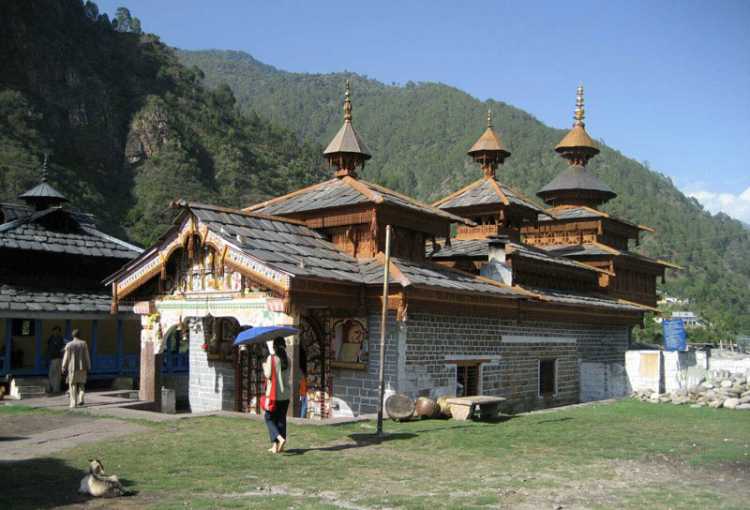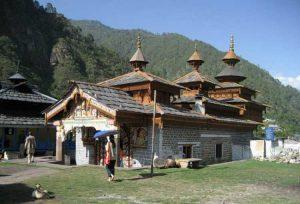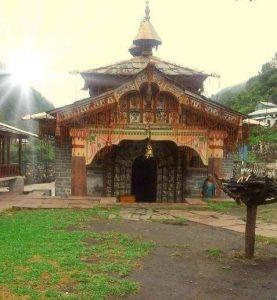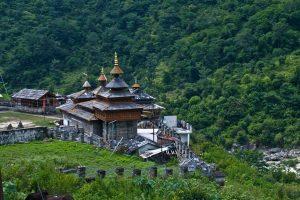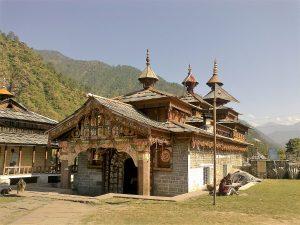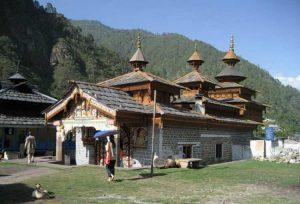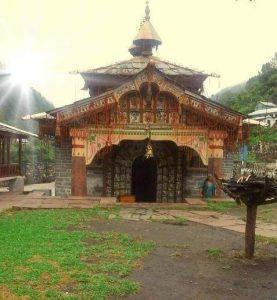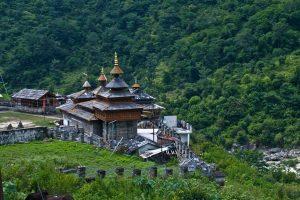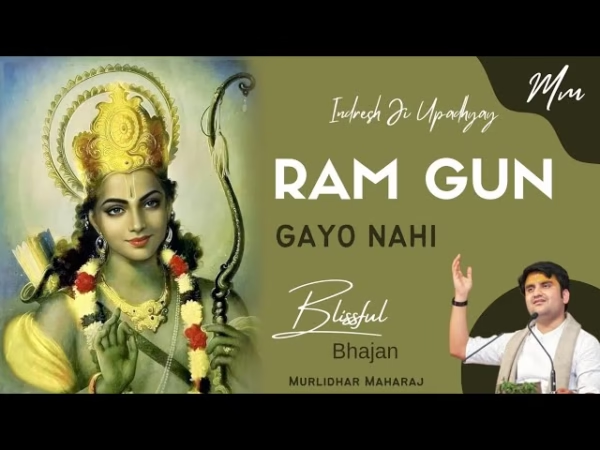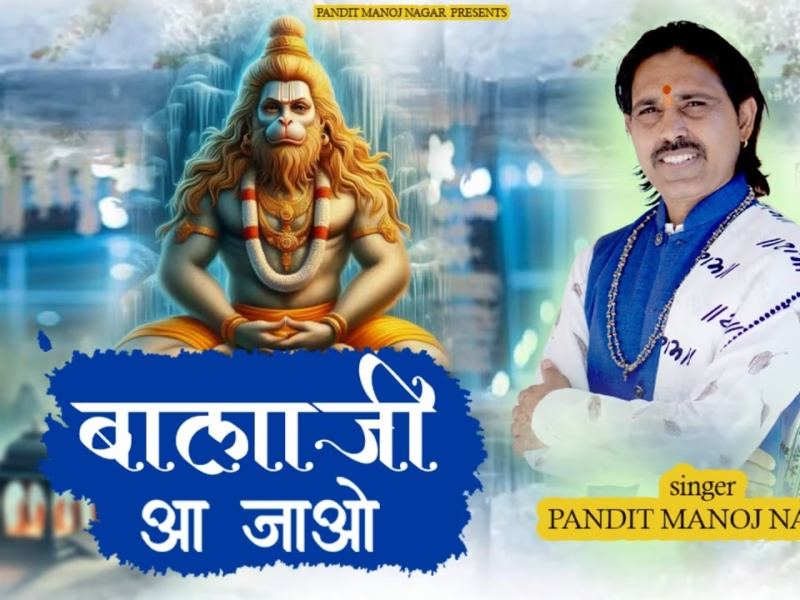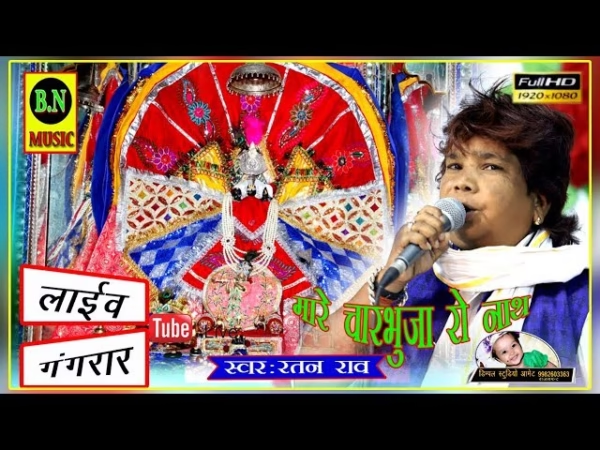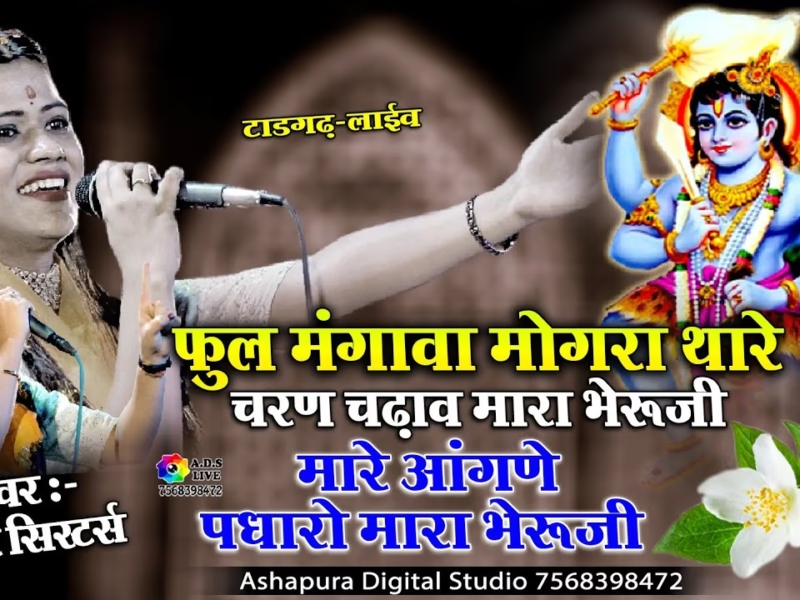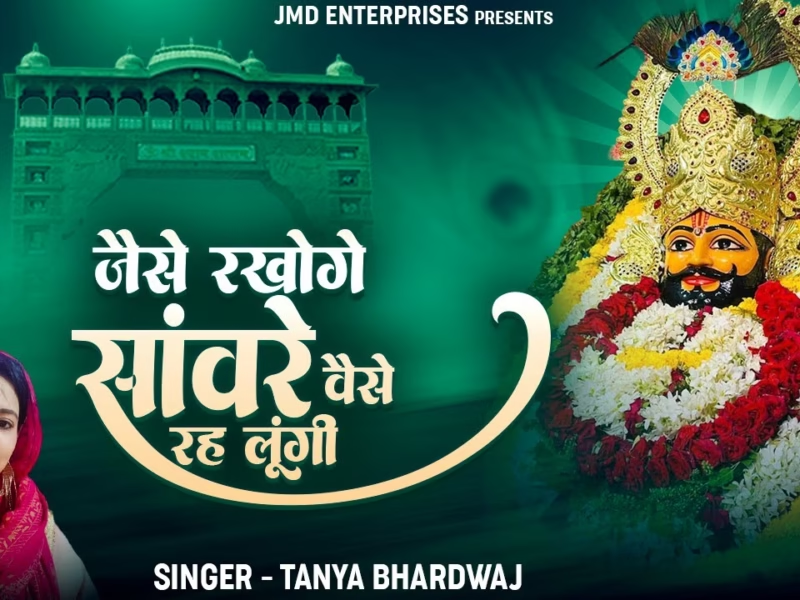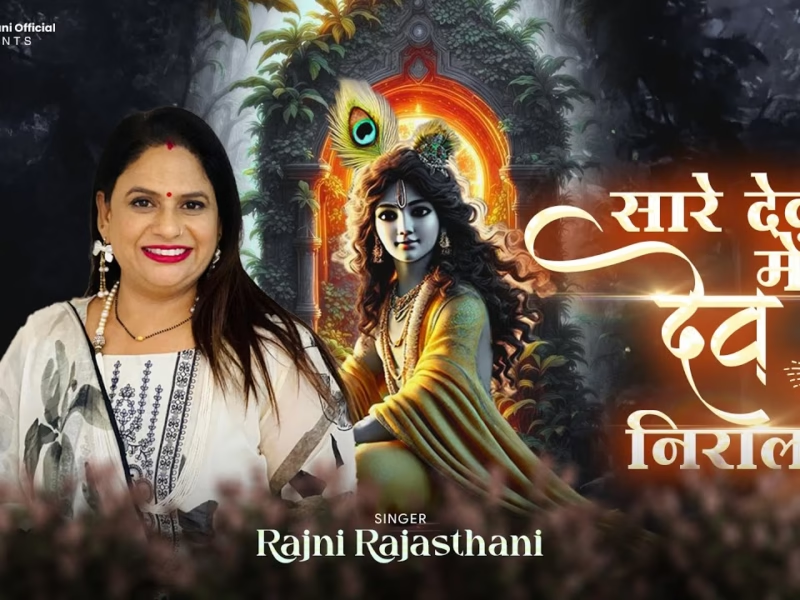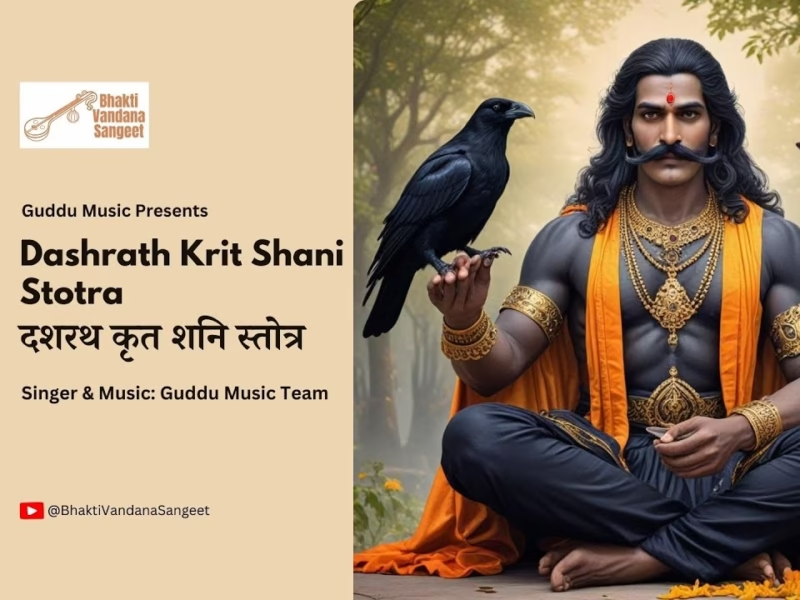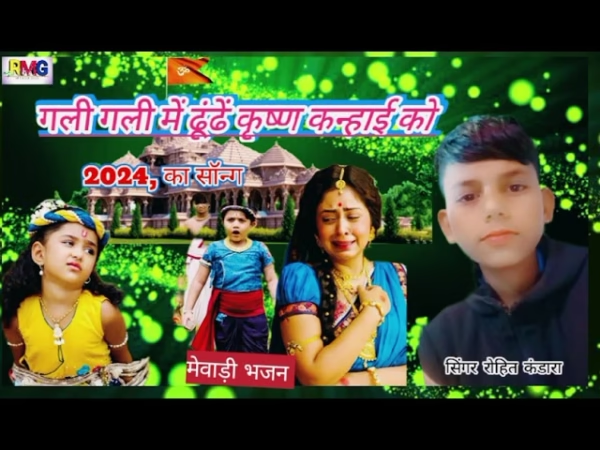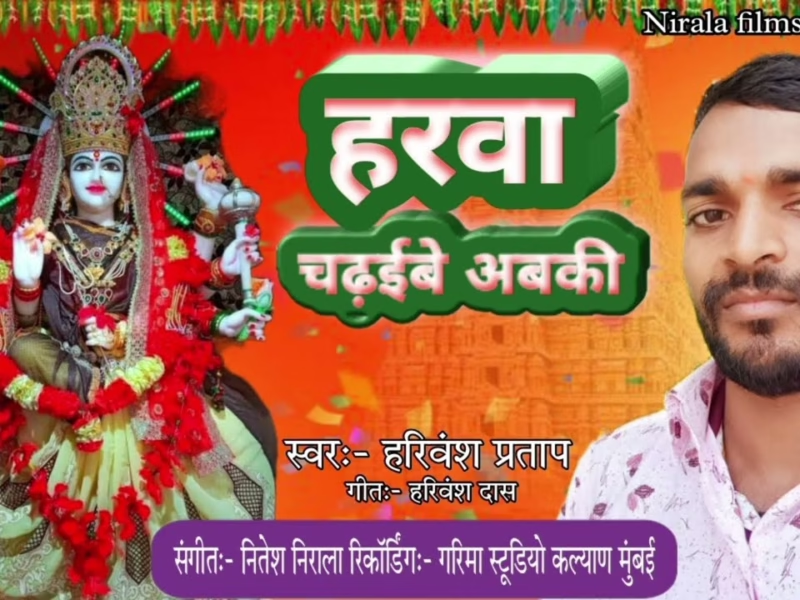Mahasu Devta Temple, Dehradun, Uttarakhand
| Date built: | – |
|---|---|
| Deity: | Mahasu Devta |
| Architectural style: | – |
| Major festivals | Bissu,Basant Panchami,Diwali,Paush ki Dhaal,Holi |
| Locale: | Hanol |
| District:: | Dehradun |
| Address: | Hanol, Uttarakhand 248199 |
| Phone | 09760894952 |
Mahasu Devta Temple is located on the Tuini-Mori road at Hanol. The temple is dedicated to Mahasu Devta. Lord Mahasu is the chief deity of this area and is worshiped in Mahasu Devta Temple by the people of Hanol and nearby villages. It is the ancient temple of Mahasu Devta built in the 9th century. The temple was constructed in Huna architectural style initially but, over the ages, acquired a mixed style. It is included in the Archaeological Survey of India list of ancient temple in Dehradun circle, Uttarakhand.
Mahasu Devta Temple is on the eastern bank of Tons River (Tamas) at Hanol village, near Chakrata, about 190 km from Dehradun and 156 km from Mussoorie.
Architecture
Mahasu Devta is not only the sole arbiter over the mortals, he also reigns supreme over the innumerable indigenous gods and goddesses. He exercises his authority over the religious dispensation of people and secular matters. Disputes among the people are settled through a unique LotaPani adjuration. For this purpose water is ritually filled in a metallic goblet in the name of Mahasu Devta by a neutral person, then the disputants are asked to drink that water in the name of Mahasu Devta. The party who has given the false statement suffers on drinking the water.
The age-old theocratic governance of Mahasu Devta, although acceptable to people and local rulers, was not taken kindly by the British authority. One of their officers, Major Young, found the authority of Mahasu Devta ‘a great nuisance’. During land settlement of the territory under the British control in AD 1827 he felt that the traditional twelve-year sojourning of Mahasu (the Chalda Mahasu) with his large entourage to deitydom was extremely burdensome and exploitative to common people. To check the practice, Young passed a summary order in Kalsi in an assembly of the Senyanas banishing the Chalda Mahasu and his deputy attendants (birs) from Jaunsar and Bawar parangna. That order, however, did not have lasting effect because the people regarded the Rohru tehsil for his verdict. The deity decision is always regarded as final and irrevocable.
Mahasu Devta is very touchy about the disposal of gold or gold ornaments by anyone of his subject to outsiders. The person involved in such offence may suffer the loss of property, a serious disease, or even life until he gets it back intact. However, that does not absolve the defaulter from the crime. As a punishment the defaulter is obliged to deposit the article in the treasury of deity. Therefore, the people in the deitydom have to be very careful about the transaction of silver and gold articles outside his realm. It is believed that the bullion in the Mahasudom, even if in the possession of people, belongs to the deity. If such gold goes outside his deitydom the person doing so provokes the ire of Mahasu Devta.
Legend / Local stories
Mahasu Devta appears in quadruple form as the four brothers. The legend tells when Krishna disappeared at the end of DwaparYuga the pandavas followed him. They cross the River Tons. Yudhishtra was fascinated by the beauty of place and asked Vishwakarma to build a temple here and stay with Draupadi for nine days. The place subsequently came to known as Hanol, after the name of Huna Bhatt.
At the start of Kaliyuga demons wandered over Uttrakhand devouring people and devastating villages. The greatest demon was Kirmir who had devoured all the seven sons of a pious-hearted Brahmin named Huna Bhatt. Demon cast an evil eye and desired to have the Kirtaka wife of the Brahmin; she prayed to Lord Shiva to protect her chastity. Lord Shiva blinded Kirmir and thus she could run away to her husband. They then prayed to Hatkeshwari Devi of Hatkoti (ashtbhuji Durga) who advised the couple to go to the Kashmir mountains and offer prayer to Lord Shiva to help. They did, and Lord Shiva granted them their wish that all the evils will be killed shortly.
Huna Bhatt was told to go back to his home and perform certain rituals and worship devi. On doing so the shakti emerged from the ground with flames around and told Huna Bhatt to plough every Sunday a part of his field with a plough of solid silver with a shoe of pure gold having yoked a pair of bullocks who had never been put on yoke before. On the seventh Sunday the Mahasu brothers with their ministers and the army will come out and rid the people from the clutches of demon. Huna Bhatt did accordingly, but on sixth Sunday when he had turned on five furrows out of each sprang a deity from the first came Botha from second Pavasi, out of third Vasik and Chalda from the fourth one. All the brothers were called by a common affix of Mahasu (Char Mahasu). From the fifth furrow appeared their heavenly mother Devladli Devi and their ministers. Countless army sprang out like mushrooms from the field. Huna Bhatt did as directed and the whole army of the demon was killed by Mahasu brothers. Kirmir was taken by Chalda Devta in a ravine of Mount Khanda. The marks of his sword on the rock can be seen today.
During the absence of the Mahasu brothers, demon Keshi took control of Hanol. Chalda Devta and his warriors Shitkulia, Kaolu and others set out with the army to the mountains of Masmor where Keshi had gone. The demon was killed; Chalda Devta returned jubilantly to visit with his heroes the places named by him. He divided the country among the brothers so that they may rule their respective territory and guard against calamities of all the people who would worship them as god and perform jagara.
However, a mistake erupted in the venture of the Mahasu brothers. In the beginning, Mahasu Devta had pledged their word to Huna Bhatt that they would appear on the seventh Sunday. Since they arrived a week earlier, the Mahasu brothers were hurt by the blade of Huna Bhatt’s plough — he was in the field unaware of their untimely arrival. As a result, Botha was hurt in the knee and became unable to walk. Vasik’s eye was damaged by the blade of grass which impaired his vision. Pavasi had a small piece cut out of his ear. Only Chalda and Devladli Mata remained unhurt. Thereafter Botha preferred to settle within his temple at Hanol on the right bank of river tons. Pavasi keep moving over his domain and spend years turn by turn at Hanol, Lakhmandal, Authana and Uttarkashi. Chalda, being sound of limb, was to exercise away in the whole dominion in the Botha Mahasu name — twelve years on end he roamed among his subjects.
Photo Gallery
How to Reach:
Contact Details
Official Address

